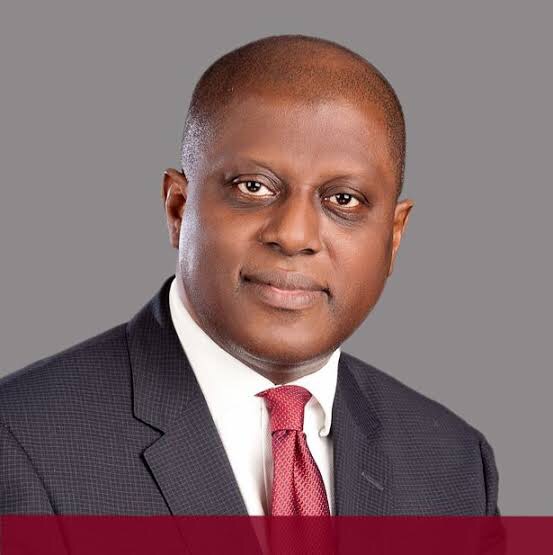The governor of the Central Bank of Nigeria (CBN), Olayemi Cardoso on Tuesday said said the $40 billion foreign exchange demand to pay for education and medical treatment abroad is more than the total reserve of the apex bank.
Mr. Cardoso disclosed this during his presentation at the Sectoral Debates/Dialogue at the House of Representatives in Abuja.
The session was introduced by the House to interact with heads of Ministries, Departments and Agencies (MDAs) on government policies.
The CBN governor said the fluctuating exchange rate is due to the simultaneous occurrence of many factors, especially the high demand by Nigerians to pay for education, medical treatment and other services abroad.
He said, “Looking at the demand side of the exchange rate, it’s important to note the growing number of Nigerian students studying abroad.
“In the 1980s and 1990s, the need for US Dollars for their living expenses was minimal. However, recent data shows a significant change.
“According to UNESCO’s Institute of Statistics, the number of Nigerian students abroad increased from less than 15,000 in 1998 to over 71,000 in 2015. By 2018, this figure had reached 96,702 students, as per the World Bank.”
Cardoso said another report had projected the number of Nigerian students studying abroad to exceed 100,000 by 2022, adding that the UK’s Higher Education Statistic Agency had also noted that there will be a 64% increase in Nigerian students studying in the country rising from 13,020 in the 2019/2020 academic session to 21,305 by the 2020/2021 session.
“Given this data, it’s crucial to highlight that between 2010 and 2020, foreign education expenses amounted to a substantial US$28.65 billion, as per the CBN’s publicly available Balance of Payments Statistics.”
“Similarly, medical treatment abroad has incurred around US$11.01 billion in costs during the same period. Consequently, over the past decade, foreign exchange demand for education and healthcare has totalled nearly US$40 billion.
“Notably, this amount surpasses the total current foreign exchange reserves of the CBN. Mitigating a significant portion of this demand could have resulted in a considerably stronger Naira today.
“Personal Travel Allowances have accounted for a total of US$58.7 billion during the same period. Notably, between January and September 2019, the CBN disbursed US$9.01 billion to Nigerians for personal foreign travel.”




